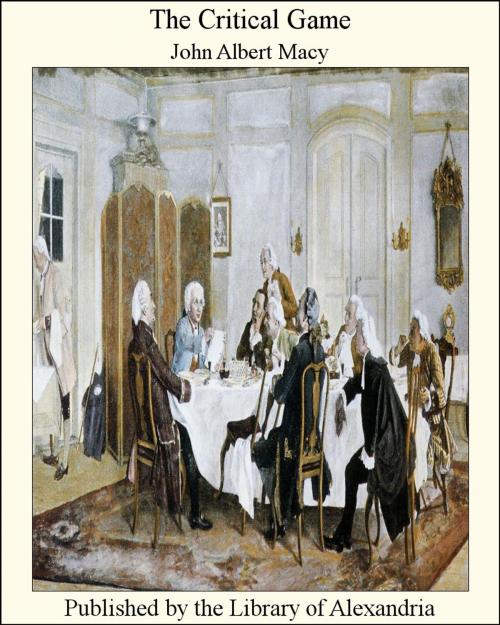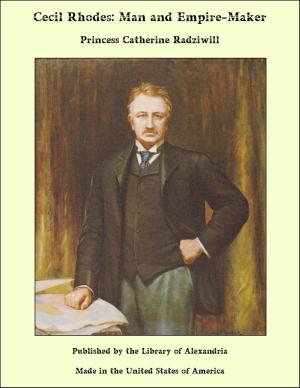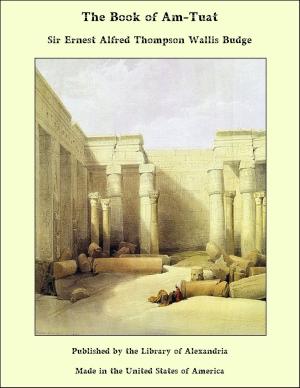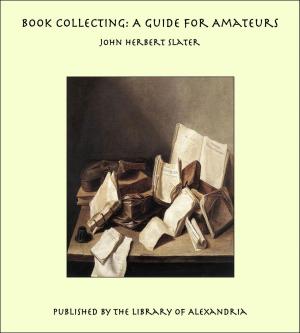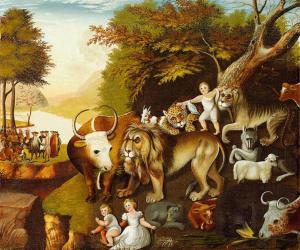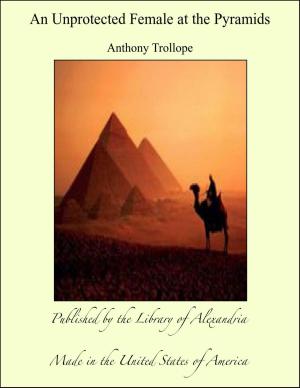| Author: | John Albert Macy | ISBN: | 9781465519238 |
| Publisher: | Library of Alexandria | Publication: | March 8, 2015 |
| Imprint: | Language: | English |
| Author: | John Albert Macy |
| ISBN: | 9781465519238 |
| Publisher: | Library of Alexandria |
| Publication: | March 8, 2015 |
| Imprint: | |
| Language: | English |
Criticism is one form of the game of writing. It differs from Other forms only as whist differs from poker and as tennis differs from golf. The motives are the same, the exercise of the player's brain and muscles, and the entertainment of the spectators, from whom, if the player be successful, he derives profit, livelihood, applause, and fame. The function of criticism at the present time, and at all times, is the function of all literature, to be wise, witty, eloquent, instructive, humourous, original, graceful, beautiful, provocative, irritating, persuasive. That is, it must possess some of the many merits that can be found in any type of literature; it must in some way be good writing. There is no Other sound principle to be discovered in the treatises on the art of criticism or in fine examples of the art. Whether Charles Lamb writes about Shakespeare or Christ's Hospital or ears is of relatively slight importance compared with the question whether in one essay or another Lamb is at one of his incomparable best moments of inspiration. Remy de Gourmont says, apropos Brunetière's views of Renan: Contre l'opinion commune, la critique est peut-être le plus subjectif de tous les genres littéraires; c'est une confession perpétuelle; en croyant analyser les œuvres d'autrui, c'est soi-même que l'on dévoile et que l'on expose au public … voulant expliquer et contredire Renan, M. Brunetière s'est une fois de plus confessé publiquement. That is true, except that it may be doubted whether one type of literature is more subjective than another, since all types are subjective. Even a work that belongs, according to De Quincey's definition, to the literature of information as distinguished from the literature of power, even an article in an encyclopædia, an article, say, on Patagonia, has a man behind it; it cannot be quite objective and impersonal. Criticism should not be set off too sharply from Other forms of literary expression. It has no special rights, privileges, and authority; and at the same time it has no special disabilities that consign it to a secondary place in the divisions of literature. In any unit of art, a sonnet or an epic, a short story or a novel, a little review or a history of æsthetics, a man is trying to say something. And the value of what he says must, of course, depend partly on the essential interest of his subject; but it depends to a greater extent on the skill with which he puts words together, creates interest in himself. Arnold's essay on Keats is less Keats than Arnold. It could not have been if Keats had not existed. But the beauty of that sequence of words, that essay in criticism, is due to the genius of Arnold. Francis Thompson on Shelley adds no cubit to the stature of Shelley, but Thompson's interpretation is a marvellous piece of poetic prose which cannot be deducted without enormous loss from the works of Thompson, from English criticism. We read Pater on Coleridge, not for Coleridge but for Pater, and we read Coleridge for Coleridge, not for Shakespeare. Thackeray's lecture on Swift, which is full of animosity and miscomprehension, is a well-written revelation of Thackeray. Trollope's book on Thackeray, which is full of friendship and admiration, is an ill-written revelation of Trollope
Criticism is one form of the game of writing. It differs from Other forms only as whist differs from poker and as tennis differs from golf. The motives are the same, the exercise of the player's brain and muscles, and the entertainment of the spectators, from whom, if the player be successful, he derives profit, livelihood, applause, and fame. The function of criticism at the present time, and at all times, is the function of all literature, to be wise, witty, eloquent, instructive, humourous, original, graceful, beautiful, provocative, irritating, persuasive. That is, it must possess some of the many merits that can be found in any type of literature; it must in some way be good writing. There is no Other sound principle to be discovered in the treatises on the art of criticism or in fine examples of the art. Whether Charles Lamb writes about Shakespeare or Christ's Hospital or ears is of relatively slight importance compared with the question whether in one essay or another Lamb is at one of his incomparable best moments of inspiration. Remy de Gourmont says, apropos Brunetière's views of Renan: Contre l'opinion commune, la critique est peut-être le plus subjectif de tous les genres littéraires; c'est une confession perpétuelle; en croyant analyser les œuvres d'autrui, c'est soi-même que l'on dévoile et que l'on expose au public … voulant expliquer et contredire Renan, M. Brunetière s'est une fois de plus confessé publiquement. That is true, except that it may be doubted whether one type of literature is more subjective than another, since all types are subjective. Even a work that belongs, according to De Quincey's definition, to the literature of information as distinguished from the literature of power, even an article in an encyclopædia, an article, say, on Patagonia, has a man behind it; it cannot be quite objective and impersonal. Criticism should not be set off too sharply from Other forms of literary expression. It has no special rights, privileges, and authority; and at the same time it has no special disabilities that consign it to a secondary place in the divisions of literature. In any unit of art, a sonnet or an epic, a short story or a novel, a little review or a history of æsthetics, a man is trying to say something. And the value of what he says must, of course, depend partly on the essential interest of his subject; but it depends to a greater extent on the skill with which he puts words together, creates interest in himself. Arnold's essay on Keats is less Keats than Arnold. It could not have been if Keats had not existed. But the beauty of that sequence of words, that essay in criticism, is due to the genius of Arnold. Francis Thompson on Shelley adds no cubit to the stature of Shelley, but Thompson's interpretation is a marvellous piece of poetic prose which cannot be deducted without enormous loss from the works of Thompson, from English criticism. We read Pater on Coleridge, not for Coleridge but for Pater, and we read Coleridge for Coleridge, not for Shakespeare. Thackeray's lecture on Swift, which is full of animosity and miscomprehension, is a well-written revelation of Thackeray. Trollope's book on Thackeray, which is full of friendship and admiration, is an ill-written revelation of Trollope
